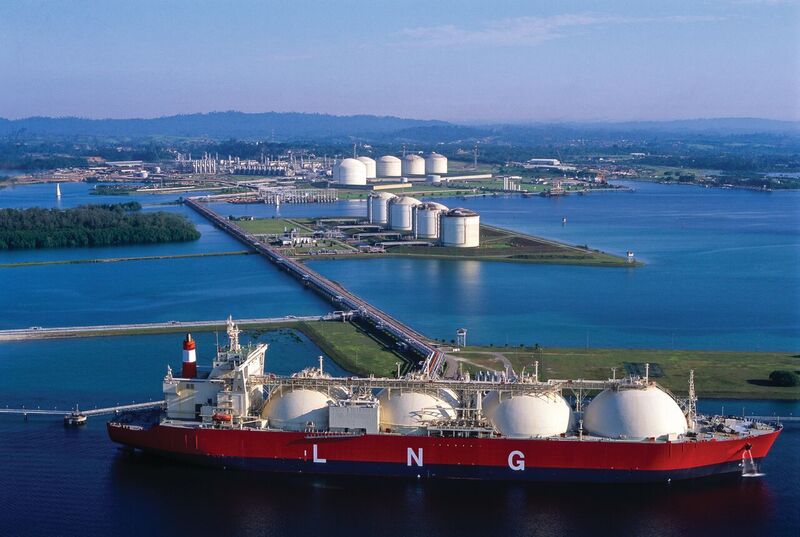LNG Prices Reach 6-Year High as Winter Storm Hits Asia
TOKYO (Reuters) - As an early winter chill grips China, South Korea and Japan, prices for coal, liquefied natural gas (LNG) and power are rising due to supply crunches and a surge in demand with more cold weather expected.
Chinese benchmark coal is at the highest in eight years and LNG prices hit six-year highs, pushing up electricity prices in Japan where limited nuclear capacity makes the nation vulnerable to fuel price volatility.
China too is being exposed as an effective ban on coal imports from Australia pushes up domestic prices.
Chinese industrial activity snapped back to pre-coronavirus growth level in November, driving up power use by 9.4% year-on-year to 646.7 billion kilowatt hours, the National Energy Administration said.
Domestic prices of LNG in China have also surged to 60% more than last year, according to Sublime China Information.
Wholesale prices in China's manufacturing hub in Jiangsu, Shandong and Zhejiang provinces have shot up as much as 40% in the past week to about 7,500 yuan a tonne, the consultancy said. Imports of LNG into China in December were set to hit a record high.
Prices for LNG cargoes to be delivered to Asia in January were estimated to be about $12.70 per million British thermal units (BTUs), equivalent to about $660 a tonne.
"Cold weather across China and northeast Asia has ... created a sharp rise in heating demand," said Robert Sims, research director at Wood Mackenzie.
One year into the coronavirus pandemic, which crushed the energy market and sent oil prices into negative territory and LNG to record lows, the return of winter weather has created new volatility and pushed prices sharply higher.
Temperatures are expected to be below historical averages in Tokyo, along with Seoul, Beijing and Shanghai, through year-end, according to Refinitiv weather data, keeping pressure on prices.
Japan is experiencing record snowfalls, causing power shortages, stranding villages and snarling up traffic.
Some parts of the country are bracing for as much as 80 cm (32 inches) of snow as the cold snap grips much of the country.
With only three nuclear reactors operating and disruptions of supplies of other fuels, Japan's regional utilities have been transferring power between regions to fill shortages, according to the companies involved.
"We are prepared to take all possible measures to secure power including procurement from the electricity market," Takashi Morimoto, president of Kansai Electric Power, said on Friday.
Related News
Related News

- Keystone Oil Pipeline Resumes Operations After Temporary Shutdown
- Biden Administration Buys Oil for Emergency Reserve Above Target Price
- Freeport LNG Plant Runs Near Zero Consumption for Fifth Day
- Enbridge to Invest $500 Million in Pipeline Assets, Including Expansion of 850-Mile Gray Oak Pipeline
- Williams Delays Louisiana Pipeline Project Amid Dispute with Competitor Energy Transfer
- Evacuation Technologies to Reduce Methane Releases During Pigging
- Editor’s Notebook: Nord Stream’s $20 Billion Question
- Enbridge Receives Approval to Begin Service on Louisiana Venice Gas Pipeline Project
- Russian LNG Unfazed By U.S. Sanctions
- Biden Administration Buys Oil for Emergency Reserve Above Target Price





Comments